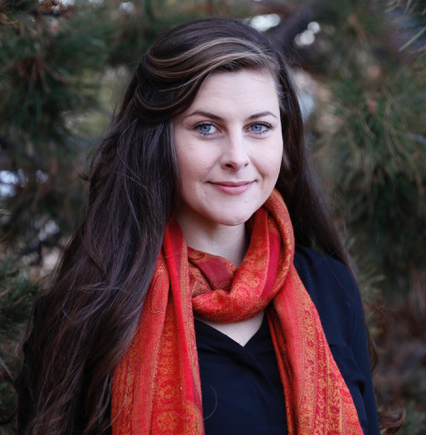YAMABIKO 山彦
For two months, my brother lived with the yamabiko. When initial search-and-rescue efforts turned up empty-handed, the yamabiko understood that my brother, buried, was going to be a guest on his mountain until the weather conditions changed. In his newly-dead state, my brother was mystified by this floppy-eared fur creature. Upon their meeting, the yamabiko reached into the pockets of my brother’s coat and flipped through the stack of plastic ski passes, tossing certain ones that displeased. The creature spoke only in questions, non sequiturs really, and a disembodied voice would respond. Sometimes the voice sounded close by, as if it were coming from the yamabiko itself, other times it was faint and seemed to come from far-off trees rustling.
Q: What is memory?
A: Crescent shadows that appear during a solar eclipse.
Q: What is the difference between fiction and reality?
A: Wall paper printed with plum blossoms.
Q:What is fate?
A: The eye of a peacock feather seeing.
At first this frightened my brother, but he got used to it the way one navigates a language barrier. The yamabiko would bring food and other items lost by nearby skiers: a leather wallet which the yamabiko emptied of cards, a broken pole strap, two mismatched ski gloves, a ring. They provided a sort of entertainment. One day he brought a cell phone; the yamabiko unlocked it—a yōkai trick—and they had a riotous day scrolling through pictures. The owner’s boyfriend texted frequently so the battery didn’t last long. When it died, they stopped laughing.
Q: What is death?
A: A wind-up toy bunny chattering across the floor.
Q: What do you despair?
A: The moment before opening a present.
My brother didn’t need to eat anymore, but the yamabiko knew that the newly-dead often missed that activity and so they did it anyway. My brother longed for a steaming bowl of ramen, or maybe something American, but he didn’t want to snub the yamabiko’s kindness so he ate whatever the creature found: a pinwheeled fish cake, daikon radish, a cold tempura crab leg. My brother noticed that when the yamabiko was particularly excited about something, it would nuzzle, the way a dog asks for a scritch. My brother missed touch, so he looked forward to those times. One day, the yamabiko brought back the letter I had buried in the snow for my brother. When he realized what it was, my brother asked the creature to read it to him. It sounded like this:
Q: What is the destination?
A: An unbuttoned fullness.
Q: What is absence?
A: The inside of a bell.
Q: What is allotted to you?
A: A building that is no longer there.
Q: What does it mean to love temporarily?
One day in April, three Australian skiers stopped at the sight of my brother’s ski poking up from the ground. Their voices roused the yamabiko so it licked my brother’s face causing the skin to slough slightly. My brother said to the yamabiko, “I must go back home now.” The yamabiko leaned into my brother until the hands of strangers found my brother’s coat. As his body was scooped out from the depth hoar, the yamabiko called out. To an untrained ear it sounded like a mountain echo returning.
A: It means to love.
